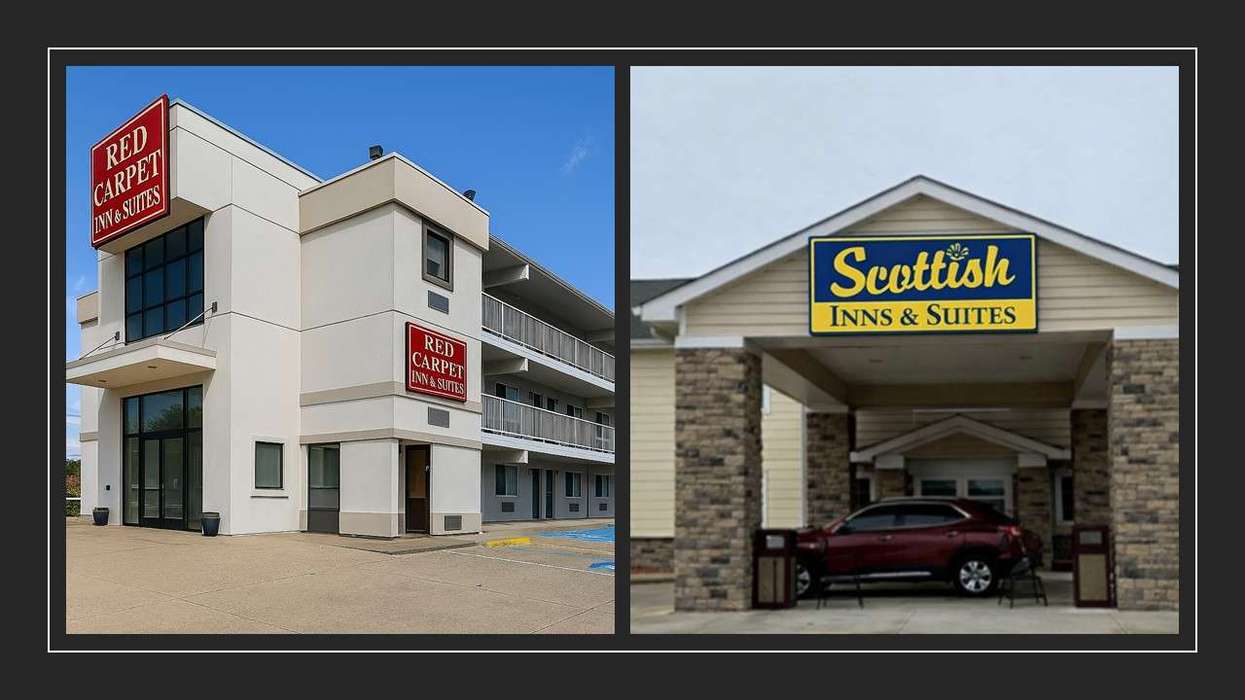THE U.S. HOTEL industry was bracing for a possible economic downturn long before the COVID-19 black swan landed. Now the economy is teetering on a full recession, certain factors that would have mitigated a minor slowdown may not be as effective, but could still help, according to an article from CBRE Hotels Research.
The last week of March saw RevPAR drop 80.3 percent for U.S. hotels, according to STR, the steepest decline it has recorded. Given that trend, which shows no sign of reversing for at least another few months, the industry finds itself in a uniquely dire position.
However, the article “Changes in RevPAR and Profits During Historical Recessions” by Robert Mandelbaum, CBRE’s director of research information services, draws comparisons to past recessions. Mandelbaum wrote that several factors would have cushioned the low forecast of 1.1 percent RevPAR growth this year. Those factors include the nation being in a low inflation period; lowered fixed costs due to changes in F&B operations and marketing; low utility costs; profit margins 450 bps above long-run average; and constant dollar profits 21.8 percent above the long-run average.
“Obviously, the operating landscape has changed with the impact of the COVID-19 virus,” Mandelbaum wrote. “To provide some context to the expected declines in profits for U.S. hotels during 2020, we analyzed the operating performance of properties during 11 economic recessions from 1938 through 2009.”
Using performance data from CBRE’s annual Trends in the Hotel Industry survey of operating statements dating back to 1937, CBRE found RevPAR declined by 0.9 percent over 11 recessions, leading to a 2.3 percent decline in total operating revenue
“Although hotel operators were able to limit expense growth to just 0.8 percent during the recession years, they still experienced a decline in profits,” Mandelbaum wrote. “During the 11 historical recessions, the average Trends property experienced a 7.2 percent decline in GOP.”
RevPAR declines closest to what the industry is currently seeing and expected to see occurred during the two most recent recessions in 2001 and 2009, when several properties saw drops of more than 30 percent. That is same percent of decline expected to occur in 2020.
About 2 percent of properties in the study saw RevPAR declines in excess of 30 percent during the 2001 recession while 10.2 percent saw such declines in 2009. In both years, hotels saw a 35.3 percent loss in total revenue, but in 2001 that led to a 54.2 percent dip in total revenue compared to a 57 percent decline in 2009.
“Comparing the two recessions, the 2001 RevPAR downturn was driven by a decline in occupancy, while the 2009 RevPAR decline was the result of almost equal declines in occupancy and ADR,” Mandelbaum wrote. “Prior CBRE research has found that RevPAR declines influenced by ADR typically result in greater falloffs in profits. Further, the proliferation of intermediaries in the booking process between 2001 and 2009 increased the cost of revenue acquisition. Both these factors contributed to the greater decline in GOP observed in 2009.”
And how will that apply now?
“Given the low occupancy levels being reported by hotels around the U.S., most historical thumb rules will not apply during the spring and summer months,” Mandelbaum wrote. “However, as currently anticipated, if we start to see signs of recovery toward the end of the year, some of these historical RevPAR/GOP relationships may be of value when assessing operating performance for the entire year.”





